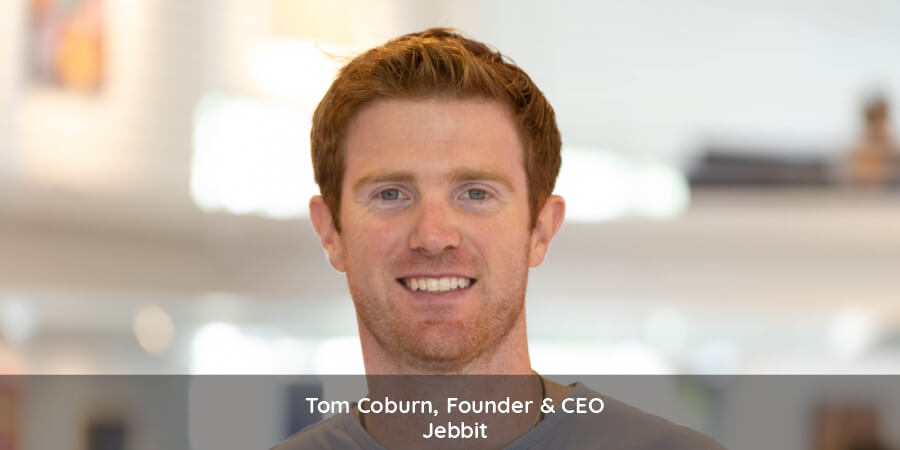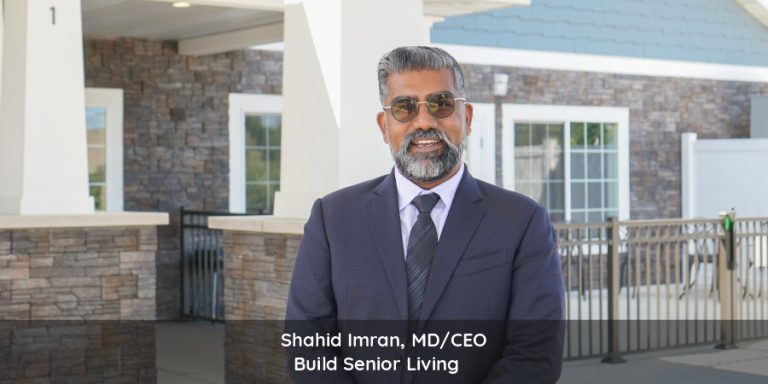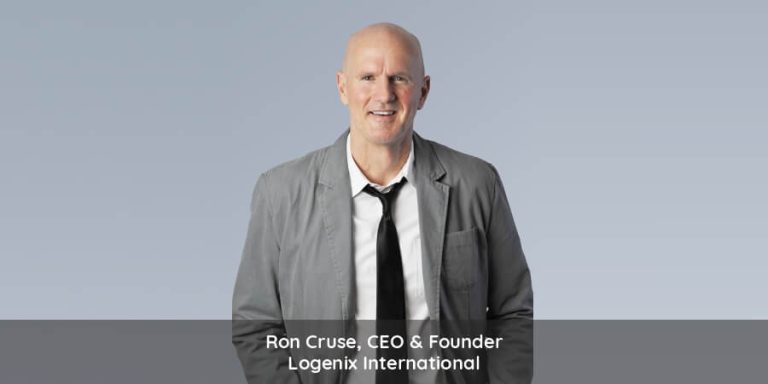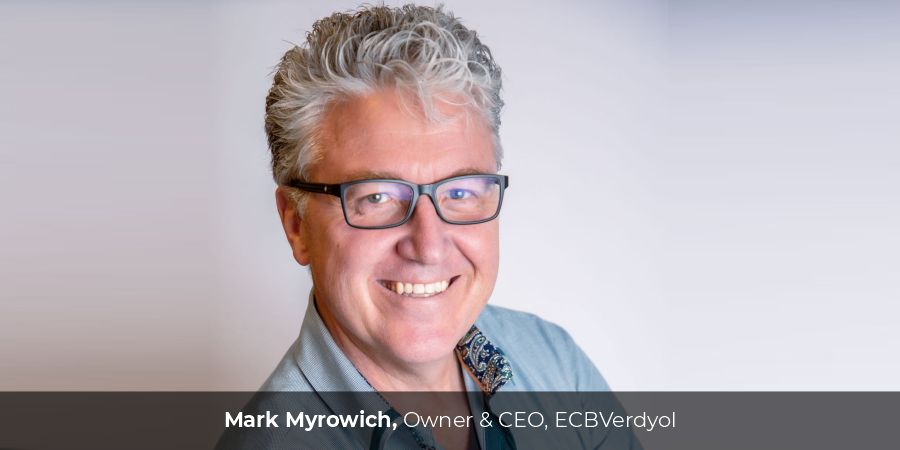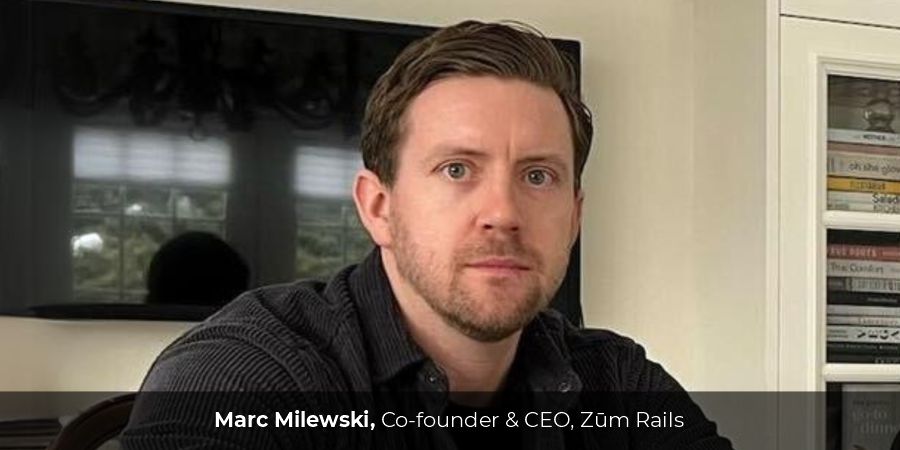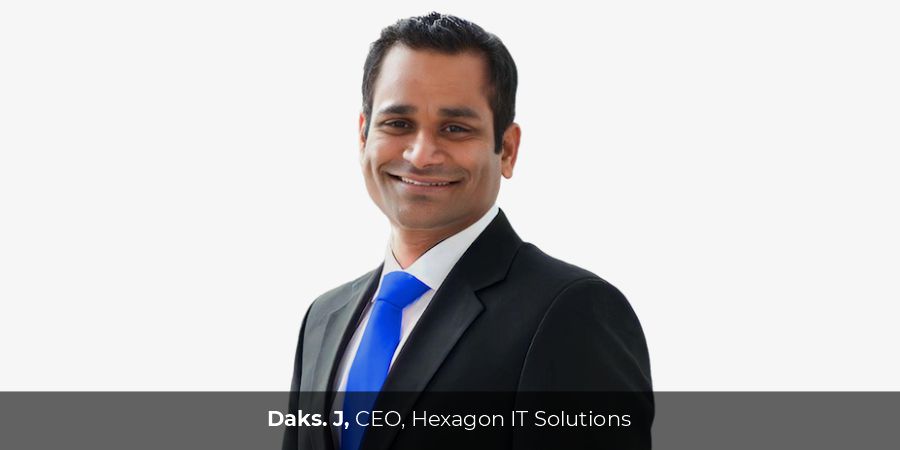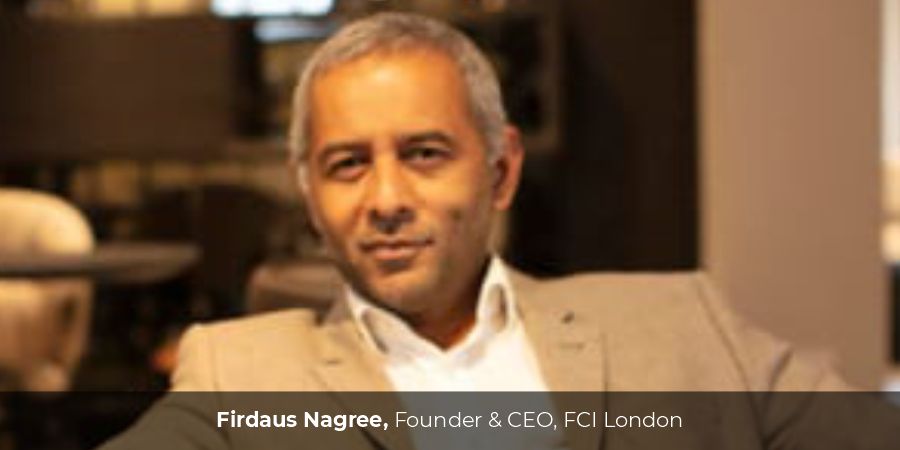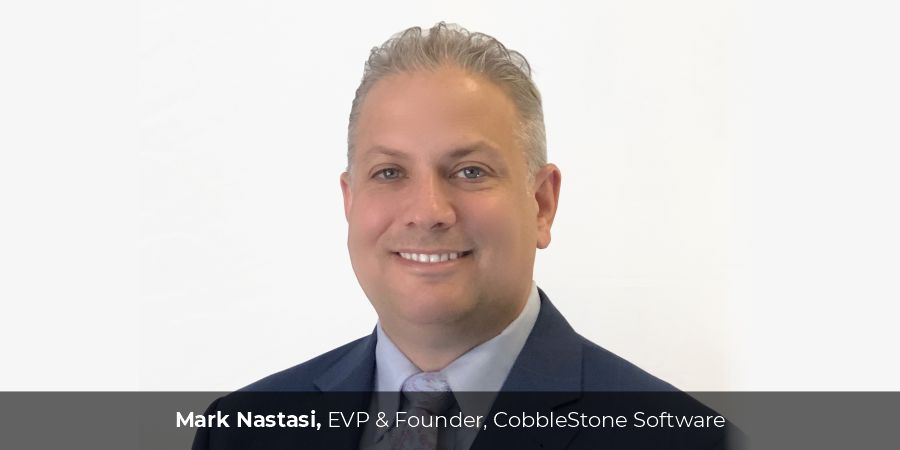- Founding Year: 2011
- Office Locations: Boston, MA
- Website: https://www.jebbit.com/
Jebbit is the zero-party data software platform that allows anyone from c-level executives to summer interns to build fun and engaging quizzes and digital experiences to collect zero-party data at scale. Jebbit enables brands to stay ahead of general data protection regulations and legislation, such as Apple’s privacy guidelines; and easily launch marketing campaigns with enhanced personalized content.
Jebbit is available for brands to start collecting data for free. With each paid tier comes more customization and integration capabilities so that your Jebbit experiences can feed directly into the rest of your tech stack. Jebbit’s seamless integrations enable brands to gather quality data and data that the customer intentionally offers, allowing brands to activate data across their owned channels, email campaigns, social media platforms, and other forms of communication that provide real value to new customers.
In conversation with Tom Coburn, founder, and CEO of Jebbit
How did you come up with the idea or concept for your business?
Jebbit started as an idea during my sophomore year at Boston College when I, along with the co-founder, decided to participate in a business plan competition. The original idea was formulated from helping brands ensure that consumers understood their advertising by creating consumer experiences where brands paid & consumers were rewarded per every question answered about the advertisement. In return, brands knew that consumers truly understood their messaging.
After seeing some initial traction, what Jebbit has become today is rooted in the idea of asking consumers questions, or collecting zero-party data, about their preferences and intents to better understand their needs, wants and desires.
Over the course of Jebbit’s tenure, how brands use the product to collect zero-party data has continued to evolve through our 10 different experience types (quizzes, customer surveys, conversational pop-ups, etc), but it always has been grounded by the belief that in order to have successful marketing efforts, you need to leverage zero party data collection to understand who your customers are and what they care about.
This has ultimately led us to be the leader in helping brands to collect zero-party data: data that the company directly collects from a customer who is willingly and proactively sharing. This data can include purchase history, preference center data, behavioral data, demographic information, interests, personal context, and how the individual wants the brand to recognize her.
Every business, big or small, gets its fair share of challenges, especially during the initial days. What were your challenges and how did you manage to overcome them?
In the early days, we were lucky enough to have some great mentors who we could turn to bounce ideas off. That meant the challenges and pivots we were able to overcome were made possible by people who had more experience than us.
One example of an early challenge was finding our first customers. This was an on-the-ground effort where we were literally going door to door to find people willing to sign up for our service. I and my co-founders were constantly asking the question, “Do we really want to do this?”
For me, the answer was always yes. I would have lunch with one of the mentors we were working with and they would tell their founding story and how difficult it was to get the first customers in the door. It comforted me to know that there were some patterns in their founding stories that related to what I was experiencing in real-time. For one of my other co-founders, the answer turned out to be no.
A second challenge we experienced early on was the scalability of our original idea. We found that users were coming to our website and participating, but all they cared about was getting paid, they didn’t care about the brands they were answering questions for. This is when we realized that the value exchange we wanted to create between the brands and the users was not playing out in the way that we intended. So, this required us to take a step back and look at our options for a pivot.
A couple of stops along the way included positioning as a “post-click engagement” platform – but that required a pivot after the industry went mobile first. Then we became positioned as an overlay experience that we called mobile interactive content. That content would rely on 5 questions that you need to ask your customers to give the right value exchange. This value exchange suddenly created a relationship between the consumer and the brand that was beneficial on both sides.
On what ideals are your work culture and business ethics based?
Personally, for me, it’s about gratitude and perspective. I always come back to how lucky I am to be in the position to build a company in the first place. On top of that, these are the core values that we have built our business on and integrate into our hiring practices:
- Build on Trust: We share our authentic selves and treasure when others do the same. Trust is the foundation of our success, and its strength depends on continual investments of vulnerability from each of us.
- Be an Expert Beginner: We approach everything we do with the mentality of “shoshin” – minds wide open, eager in our approach, just as a beginner would.
- Take Initiative: What we put in is what we get out. When we see an opportunity or get inspired by a problem, we take action. When stuck, we raise our hands and ask for help.
- Do What Scares You: We strive to be comfortable with the uncomfortable. We don’t let fear of the unknown paralyze our progress because taking risks is how we learn and being uncomfortable is how we grow.
- Care For The Whole Person: In the spirit of “Cura Personalis”, we encourage self-exploration and support each other’s efforts to become well-rounded teammates. We aim to live life to the fullest with a balance of learning, growing, and always having fun.
What would you say are the factors that have contributed to your success as an organization?
Number 1 by far has been our ability to stay agile and pivot. Beyond that we had mentors early on that encouraged us to join a summer program so that we could gain exposure to what it was like to build a business. There’s a big difference when it comes to entrepreneurship between learning about something and actually doing it and I think we have found success because we have been able to learn from our actions.
Another important factor is that our north star has also been about leaning into the consumer-first environment and providing genuine value exchanges. This has been something that has set us apart and allowed Jebbit and our customer base to grow and expand together.
What do you think is the most unique aspect of your business?
I think it’s really about where the industry is going as a whole and Jebbit being in the right place at the right time to serve those needs. GDPR and CPRA Legislation have put a spotlight on the marketing and advertising industry. Now, as we move into a cookie-less world, global industries will be forced to do the right thing by putting consumer privacy FIRST.
As data security and privacy continue to be something that brands must address, those that set themselves up for success now by turning to a zero-party data strategy are those that will end up seeing the most significant success in the market.
I also believe that brands that prioritize their customers’ wants, needs, and desires and lean into the idea of customer preference centers will find themselves in a better position in the future.
Where do you see your company a few years from now?
We are a venture-backed business, so while I live and breathe Jebbit every day, it’s likely not a company that we will run for the next 40 years. Typically, the path for venture-backed businesses is either to IPO or sell the company to one of the big key players in the space.
That said, we have a world-class team and we are always trying to innovate and expand our offering. Couple that with the fact that our core product is in a lot of demand, so the focus for the next few years is really about scaling the business and continuing to hit our goals each quarter.
How has your journey been so far?
There is no standard day which is really fun for me. I am up early and meditation is part of my day, every day. The reality of running a venture-backed start-up is sacrifice. I will always try for work-life balance, but there are inevitable sacrifices in my personal life that come up. The journey also takes way longer than you think and it’s challenging, especially in b2b SaaS, but I have loved it. I wouldn’t change anything, but I will always be working at the balance.
Catching Up with Tom
Tom Coburn, named one of Forbes 30 Under 30, is the founder and CEO of Jebbit. Jebbit has been named one of the Top 25 Most Promising Companies in the World by CNBC. Coburn also co-founded two non-profits: The Enjoy Life Leadership Academy, focusing on youth leadership empowerment, and the Soaring Start-up Circle, helping Boston College entrepreneurs launch their companies.
“Whether your brand is looking to drive more conversions, increase customer engagement, or capture more first-party data—Jebbit can do it all and all at once.”



